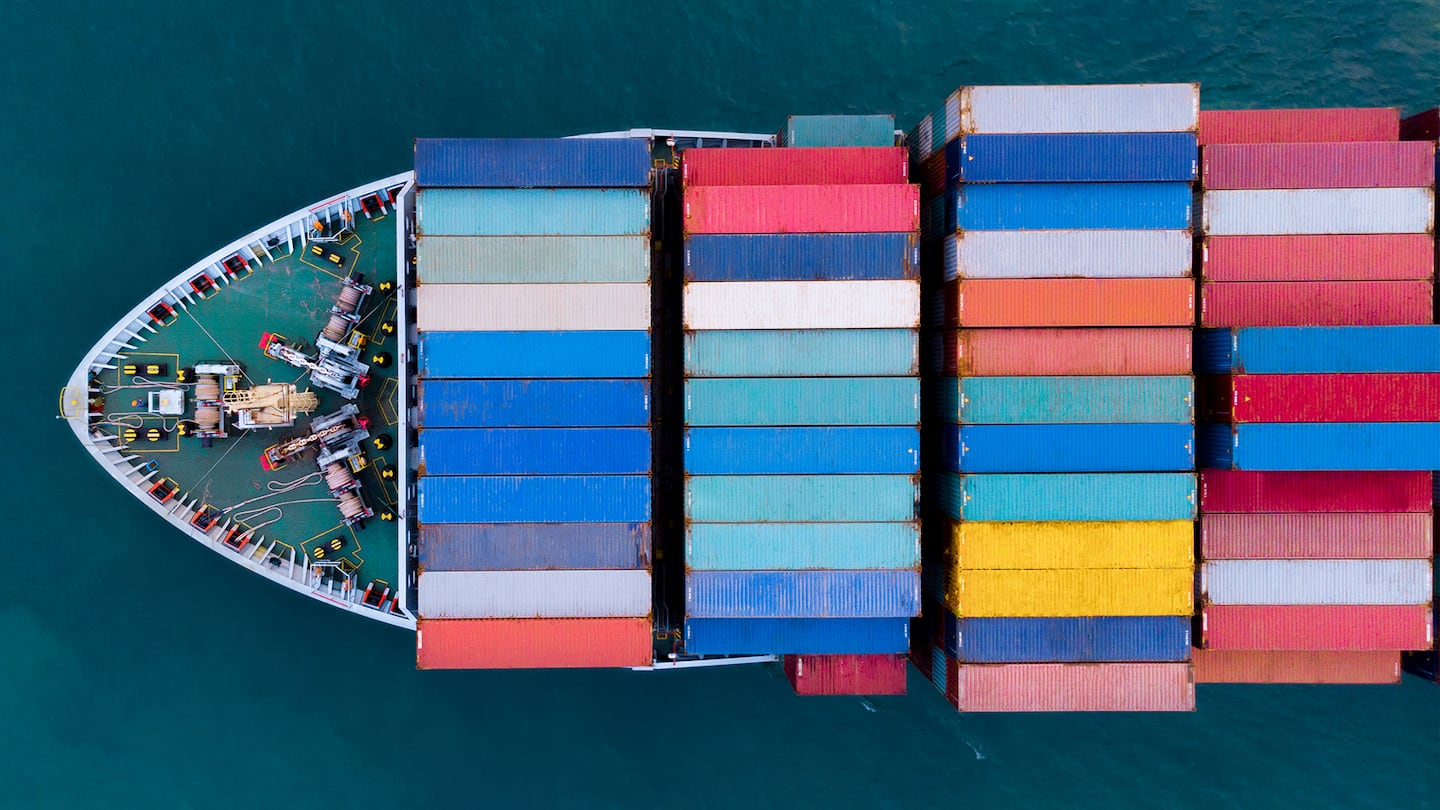
The Business of Fashion
Agenda-setting intelligence, analysis and advice for the global fashion community.

Agenda-setting intelligence, analysis and advice for the global fashion community.

A total of 631 apparel, footwear and textile shipments with a combined value of $29.55 million have been stopped under the Uyghur Forced Labor Prevention Act (UFLPA) since it came into effect in June 2022, according to statistics published Tuesday by US Customs and Border Protection.
Over one-third (261) of these shipments were denied entry following examination by US Customs, while 136 were cleared for entry and a further 234 are still pending. The vast majority of imports came from China (345) and Vietnam (263).
After electronics, the apparel, footwear and textiles industry was the second-most impacted by UFLPA enforcement, but had by far the highest number of shipments denied entry, the statistics show.
The UFLPA was an unprecedented regulatory move to strengthen authorities’ powers to seize goods they believe could be linked to forced labour in China and put a greater onus on businesses to prove their supply chains are free from such abuses. It followed previous crackdowns on US imports of cotton and tomato products linked to the Chinese region of Xinjiang, where according to widespread reports in recent years, Uyghur Muslims and other ethnic minorities have been subjected to human rights abuses including forced labour at the hands of the Chinese government, though Beijing denies the allegations.
ADVERTISEMENT
Learn more:
Where Does Your T-Shirt Really Come From?
A stringent US ban on imports from China’s Xinjiang region ratchets up the pressure on companies to prove their supply chains are free of forced labour.
Traces of cotton from Xinjiang were found in nearly a fifth of samples from American and global retailers, highlighting the challenges of complying with a US law aimed at blocking imports that could be linked to forced labour in China.
The fashion industry continues to advance voluntary and unlikely solutions to its plastic problem. Only higher prices will flip the script, writes Kenneth P. Pucker.
The outerwear company is set to start selling wetsuits made in part by harvesting materials from old ones.
Companies like Hermès, Kering and LVMH say they have spent millions to ensure they are sourcing crocodile and snakeskin leathers responsibly. But critics say incidents like the recent smuggling conviction of designer Nancy Gonzalez show loopholes persist despite tightening controls.